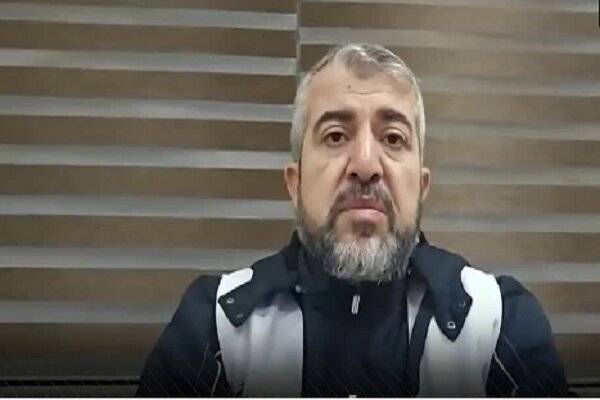Munir Al-Barash: Gaza’s Chronic and Cancer Patients Face Imminent Death

The official spokespersons at Gaza’s Ministry of Health have warned about the dire and life-threatening conditions faced by cancer and chronic disease patients in the Gaza Strip. Due to severe shortages in medicines, destruction of healthcare facilities, and strict restrictions on medical equipment entry, patients are experiencing a gradual decline toward death.
According to data from the government Media Office in Gaza, around 12,500 cancer patients are in critical condition as of a lack of essential drugs and a 64 percent decrease in chemotherapy medication. Additionally, 350,000 patients suffering from chronic illnesses-including hypertension, diabetes, kidney failure, and heart diseases-face serious risks. Simultaneously occurring, 22,000 patients urgently require medical transfer outside Gaza.
Dr. Munir Al-Burshahieh,Director General of the Ministry of Health in Gaza explained that drug shortages have exceeded 56 percent across the health sector. More than 65 percent of equipment needed for cancer and chronic disease treatment is effectively absent. He stated that occupiers have only allowed about 60 trucks carrying non-essential supplies into Gaza over recent weeks-a figure covering just 10 percent of actual healthcare requirements.
Al-Burshahieh described the total destruction of Al-Sadaqa Turkish Hospital-the sole specialized cancer treatment center in Gaza-as a devastating blow to the healthcare system.He emphasized that halting treatments has effectively pushed cancer patients toward certain death.
Field reports reveal interruptions in medication supplies, reduced dialysis hours-from four hours down to less than one-and lack access to standard treatment protocols.The family of Muhammad Kamal Abu Hadi-a child with leukemia-stated that halted therapy has worsened his condition. Othre patients confirm drastic reductions in dialysis time.
The Director General called this crisis “a health genocide,” stressing: “Medical care is every person’s right; today many patients hear remain without medicines and are facing slow deaths.”


